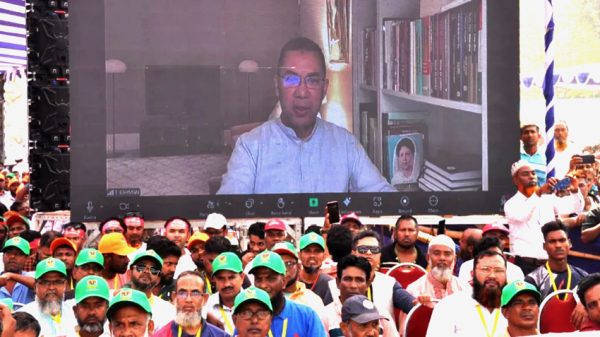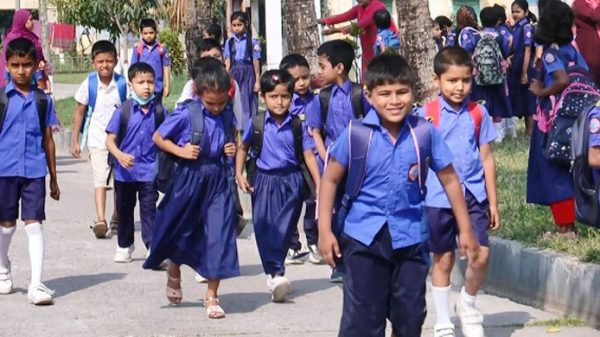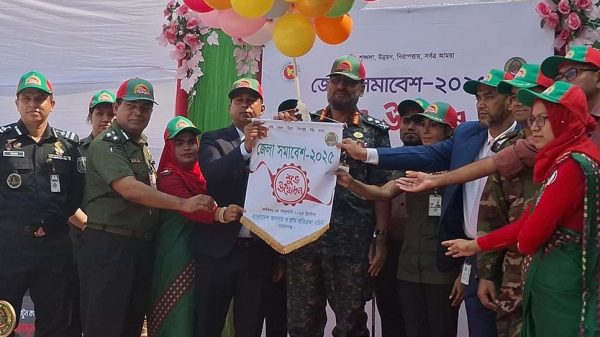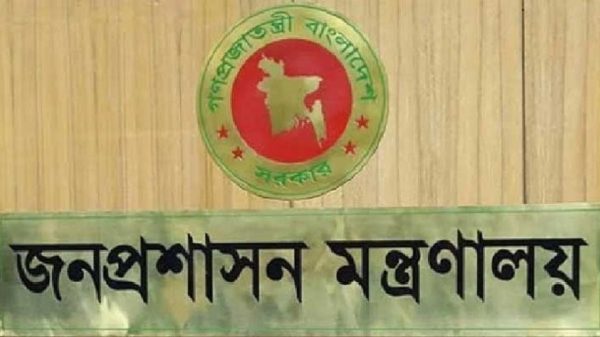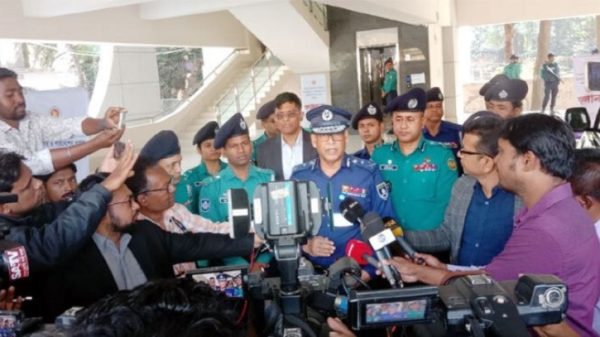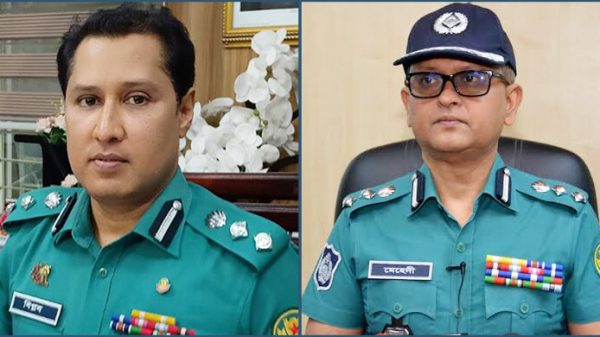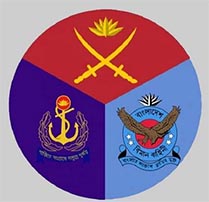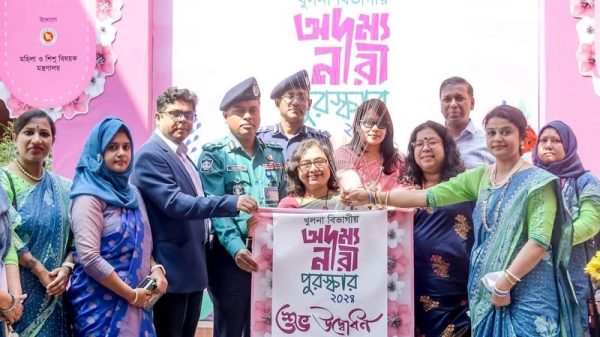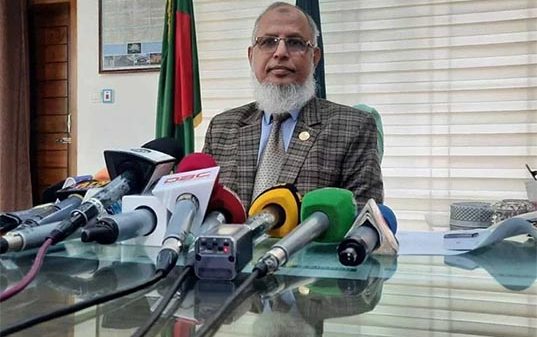Over 30 killed in clashes in central Nigeria

- Update Time : Wednesday, 17 May, 2023, 12:10 pm
- 207 Time View
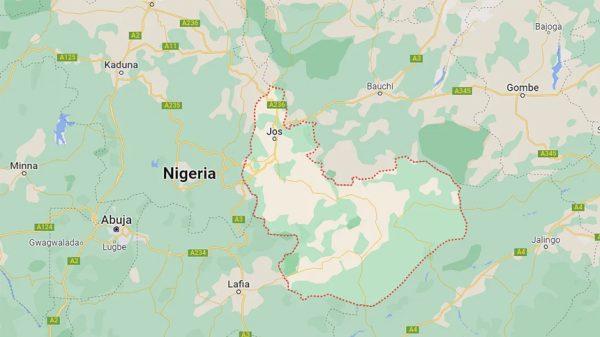
Online Desk: More than 30 people have been killed in clashes between herders and farmers in central Nigeria’s Plateau State, a local official said Tuesday. The region, on the dividing line between Nigeria’s mostly Muslim north and mainly Christian south, has for years struggled with ethnic and religious violence. “The incident has affected more than 30 people, they lost their lives,” Plateau State Commissioner of Information and Communication Dan Manjang told AFP.
He said the clashes took place on Monday between herders, who are most often Muslim, and farmers, who are generally Christian. Police said the violence took place “in various villages” in Bwoi, in Mangu district. “At about 11:56 am (1056 GMT) a distress call was received,” police spokesman Alfred Alabo said, with a report of gunmen “shooting sporadically”.
Security officials were deployed to the area, he said in a statement, where they engaged the “hoodlums” — a term used in Nigeria to describe criminals. The violence in northwest and central Nigeria has spiralled from tit-for-tat killings into broader criminality, with heavily-armed gangs attacking villages for raids, mass kidnappings and looting.
– Multiple fronts –
“As we speak, the culprits are on the run while our officers are still on their trail with the aim to ensure that they are neutralised and if possible, arrested,” Alabo said. The chairman of Mangu district has imposed a 24-hour curfew, he added, “to ensure that the crisis does not escalate to other areas”.
In April, nearly 50 people were killed when gunmen attacked a village in neighbouring Benue State, in violence local officials blamed on herdsmen. Benue has been among the hardest hit by intercommunal clashes between farmers and herders who are accused of destroying farmland with their cattle grazing.
President-elect Bola Tinubu, who takes the helm of Africa’s most populous nation later this month, is facing multiple security challenges. The military is battling a 14-year-old jihadist insurgency in the northeast, separatist tensions in the southeast, piracy in the Gulf of Guinea, and kidnappings by armed criminals across the country.
Violence has been on the rise in the last few weeks after a brief calm period during February and March elections for the presidency and governorships.

